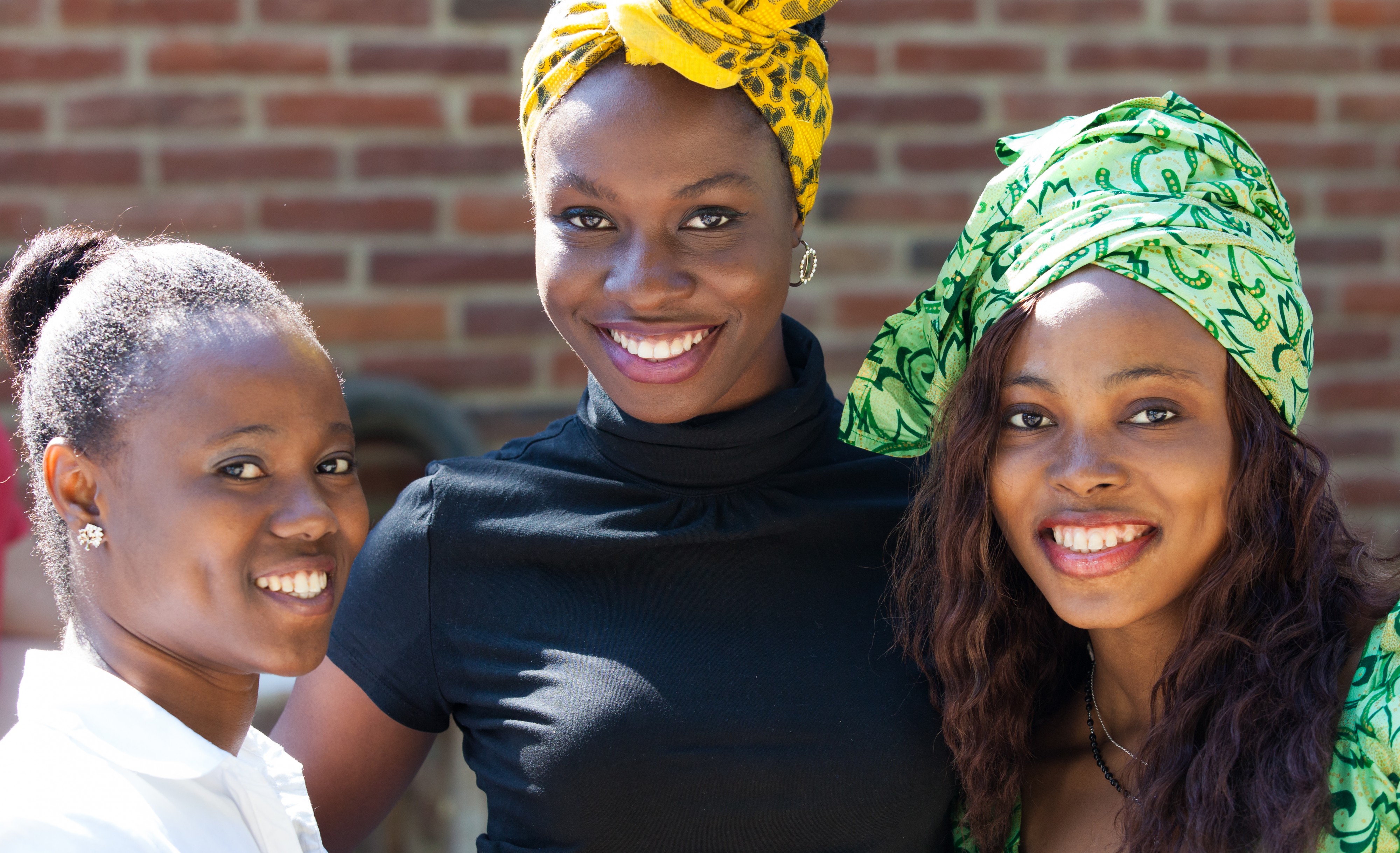Nigerian people are known for their rich cultural heritage, vibrant traditions, and a strong sense of community. With over 250 ethnic groups and more than 500 languages spoken across the country, Nigeria stands as one of the most diverse nations globally. The Nigerian people embody a mix of historical influences, indigenous practices, and contemporary lifestyles, making them uniquely fascinating in the global context.
The warmth and hospitality of the Nigerian people are evident in their everyday interactions. Whether in bustling cities or rural villages, the spirit of togetherness is palpable. Nigerian people take pride in their cultural roots, showcasing their traditions through music, dance, art, and cuisine. This melting pot of cultures contributes to Nigeria's dynamic social fabric, which continues to evolve while holding onto the values of its ancestors.
In addition to their cultural wealth, the Nigerian people are known for their resilience and determination. Despite facing various socio-economic challenges, they continue to thrive and innovate, contributing significantly to fields such as literature, entertainment, and technology. The stories of the Nigerian people, from their historical struggles to their modern achievements, weave a narrative that inspires hope and unity.
What is the History of Nigerian People?
The history of the Nigerian people dates back thousands of years, with evidence of civilization present in regions such as the Nok culture, which existed around 1000 BC. Over the centuries, various empires and kingdoms emerged, including the Hausa city-states, the Oyo Empire, and the Kingdom of Benin. Each of these societies contributed to the development of trade, governance, and cultural practices that shaped contemporary Nigeria.
How Do Nigerian People Celebrate Their Culture?
Cultural celebrations in Nigeria are vibrant and diverse, reflecting the country's ethnic variety. Major events often include:
- Festivals: Events like the Osun-Osogbo Festival and the Eyo Festival are significant cultural markers.
- Traditional Marriages: Rich in rituals, these ceremonies vary across ethnic groups but often involve elaborate attire and communal participation.
- Music and Dance: Nigerian music genres like Afrobeats and traditional drumming are integral to celebrations.
Who Are Some Notable Nigerian People in History?
Throughout history, numerous Nigerian people have made significant contributions to society. Notable figures include:
- Wole Soyinka: The first African Nobel laureate in Literature.
- Chinua Achebe: Renowned author of "Things Fall Apart," a pivotal work in African literature.
- Fela Kuti: A pioneer of Afrobeat music and a prominent political activist.
What Are the Key Characteristics of Nigerian People?
Nigerian people are characterized by their strong family ties, communal living, and a deep sense of identity. Key characteristics include:
- Resilience: The ability to overcome adversity and thrive despite challenges.
- Hospitality: A welcoming nature that makes visitors feel at home.
- Cultural Pride: A strong connection to their heritage, often expressed through festivals and traditions.
How Do Nigerian People Contribute to Global Culture?
Nigerian people have significantly impacted global culture, particularly in areas such as:
- Entertainment: Nollywood is one of the largest film industries globally, producing thousands of films annually.
- Literature: Nigerian authors have enriched world literature with diverse narratives and perspectives.
- Music: Nigerian artists have popularized genres like Afrobeats, influencing global music trends.
What Challenges Do Nigerian People Face Today?
Despite their resilience, Nigerian people encounter several challenges, including:
- Poverty: A significant portion of the population lives below the poverty line.
- Corruption: Governance issues hinder development and access to resources.
- Security: Conflicts and insecurity in various regions affect daily life and economic growth.
What Is the Future Outlook for Nigerian People?
The future of the Nigerian people is one of hope and potential. With a young and dynamic population, there is a growing emphasis on education, technology, and entrepreneurship. As they navigate challenges, the Nigerian people continue to demonstrate resilience and creativity, paving the way for a brighter future.
Who Are Some Contemporary Influencers Among Nigerian People?
Today, many Nigerian people have risen to prominence across various fields. Some influential figures include:
- Davido: A leading artist in the Afrobeats genre, known for his global collaborations.
- Ngozi Okonjo-Iweala: The first female and African Director-General of the World Trade Organization.
- Tems: A rising star in the music industry, celebrated for her unique sound and lyrical depth.
What Are the Contributions of Nigerian People in the Diaspora?
Nigerian people living abroad have made significant contributions to their host countries while maintaining strong ties to their roots. Their involvement spans various sectors:
- Education: Many Nigerian scholars and educators are shaping academic discourse globally.
- Entrepreneurship: Nigerian entrepreneurs are establishing successful businesses, fostering cultural exchange.
- Advocacy: They actively participate in advocacy for social justice and community development.
In conclusion, the Nigerian people represent a rich tapestry of cultures, histories, and aspirations. As they continue to navigate the complexities of modern life, their resilience, creativity, and sense of community remain at the forefront, making them an integral part of the global landscape.


